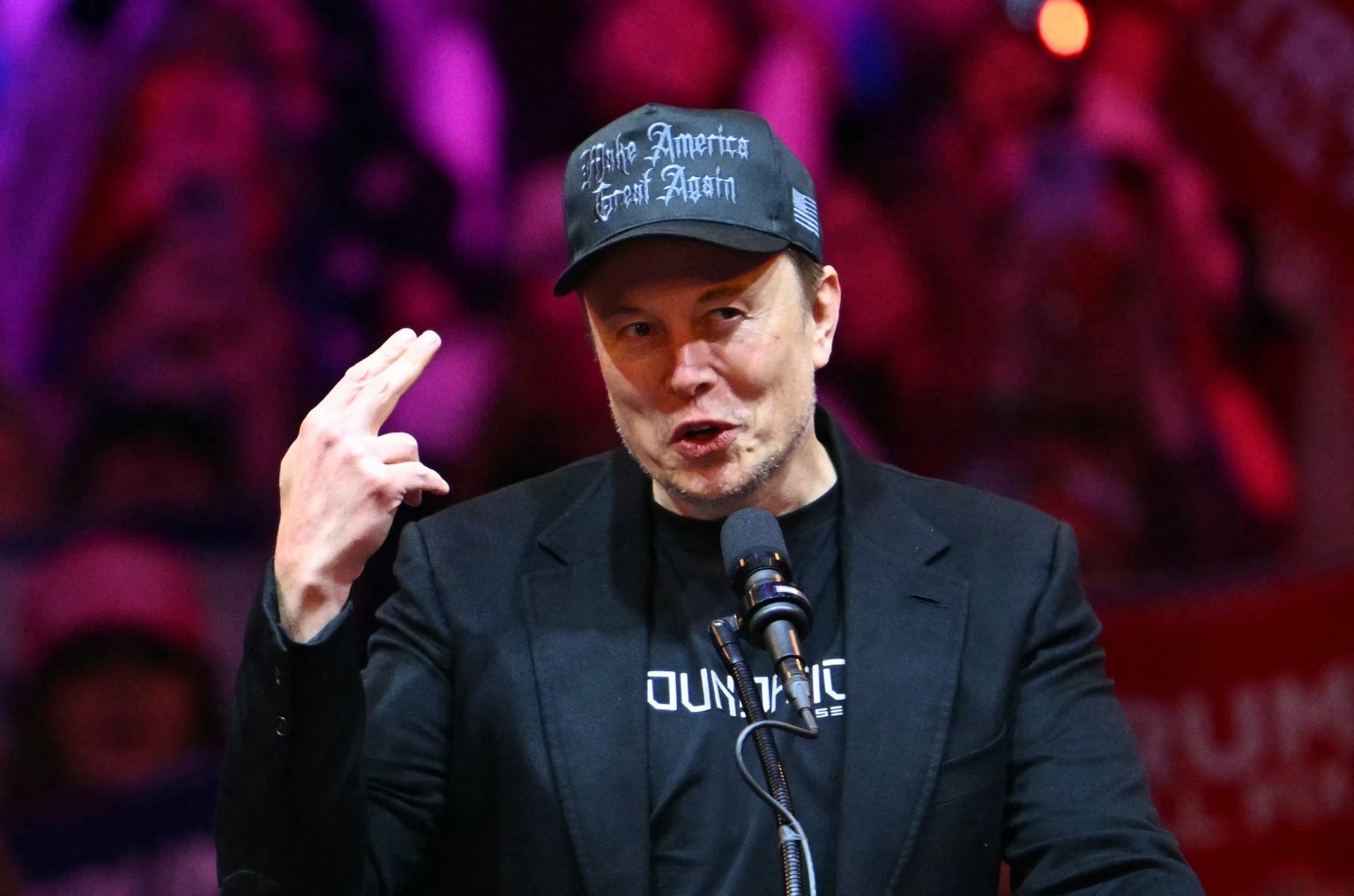A Pennsylvania judge recently ruled that Elon Musk’s America PAC can continue its $1 million-a-day voter sweepstakes in battleground states leading up to the presidential election. This ruling comes after Philadelphia District Attorney Larry Krasner filed a lawsuit against Musk, accusing him and the PAC of violating Pennsylvania’s lottery laws. The lawsuit claims that America PAC and Musk are using the sweepstakes as a way to influence voters, calling it an illegal lottery scheme. The PAC’s lawyers argue that winners are not chosen by chance, but are selected to serve as paid spokespeople for the organization. Krasner has indicated that criminal charges could be pursued in relation to these allegations.
The America PAC, led by Musk, aims to boost former President Donald Trump’s presidential campaign through a lottery initiative in swing states. The organization incentivizes registered voters to provide personal information and sign a petition by offering them the chance to win $1 million. Additionally, voters are encouraged to refer others to sign the petition in exchange for monetary rewards. The ultimate goal of America PAC is to gather 1 million registered voters in swing states to support constitutional rights, such as freedom of speech and the right to bear arms. Musk’s personal involvement in announcing winners and presenting checks has raised concerns about the legitimacy of the sweepstakes.
Judge Angelo Foglietta’s decision to allow the voter sweepstakes to continue raises questions about the legality and ethical implications of using financial incentives to influence voter behavior. The lawsuit filed by Krasner highlights the potential violations of Pennsylvania’s Unfair Trade Practices and Consumer Protection Laws, as well as the state’s lottery regulations. The accusation that America PAC’s initiative is a form of political marketing disguised as a lottery scheme underscores broader concerns about election integrity and the need for regulatory oversight in campaign finance activities. Musk’s absence at the hearing, coupled with his lawyers’ statement that the PAC does not plan to run the sweepstakes after the election, adds another layer of ambiguity to the situation.
The controversy surrounding Musk’s America PAC and its voter sweepstakes underscores the complex intersection of politics, money, and influence in American elections. The PAC’s efforts to mobilize voters through financial incentives raise ethical questions about the role of money in political campaigns and the potential impact on voter decision-making. The legal scrutiny and potential criminal charges being considered by Philadelphia District Attorney Krasner highlight the need for accountability and transparency in political fundraising practices. As the presidential election approaches, the outcome of this legal battle could have far-reaching implications for future campaign finance regulations and the integrity of the electoral process.








